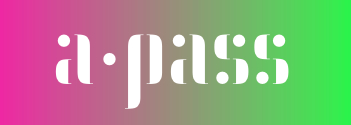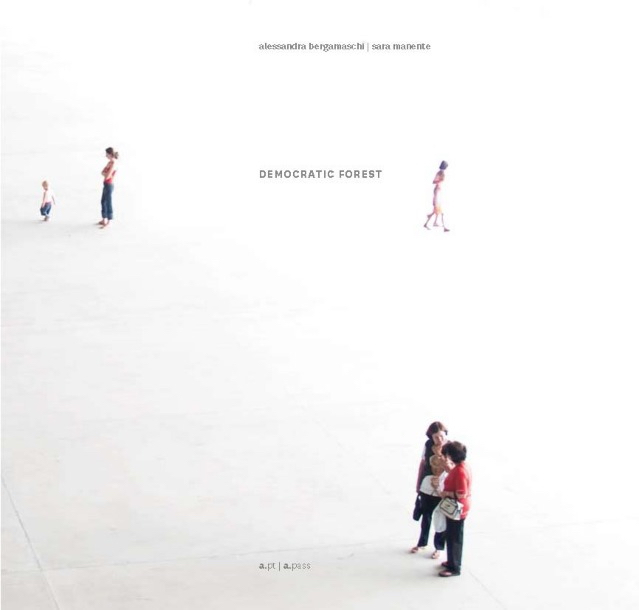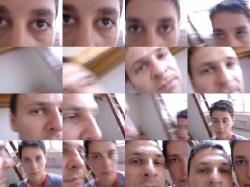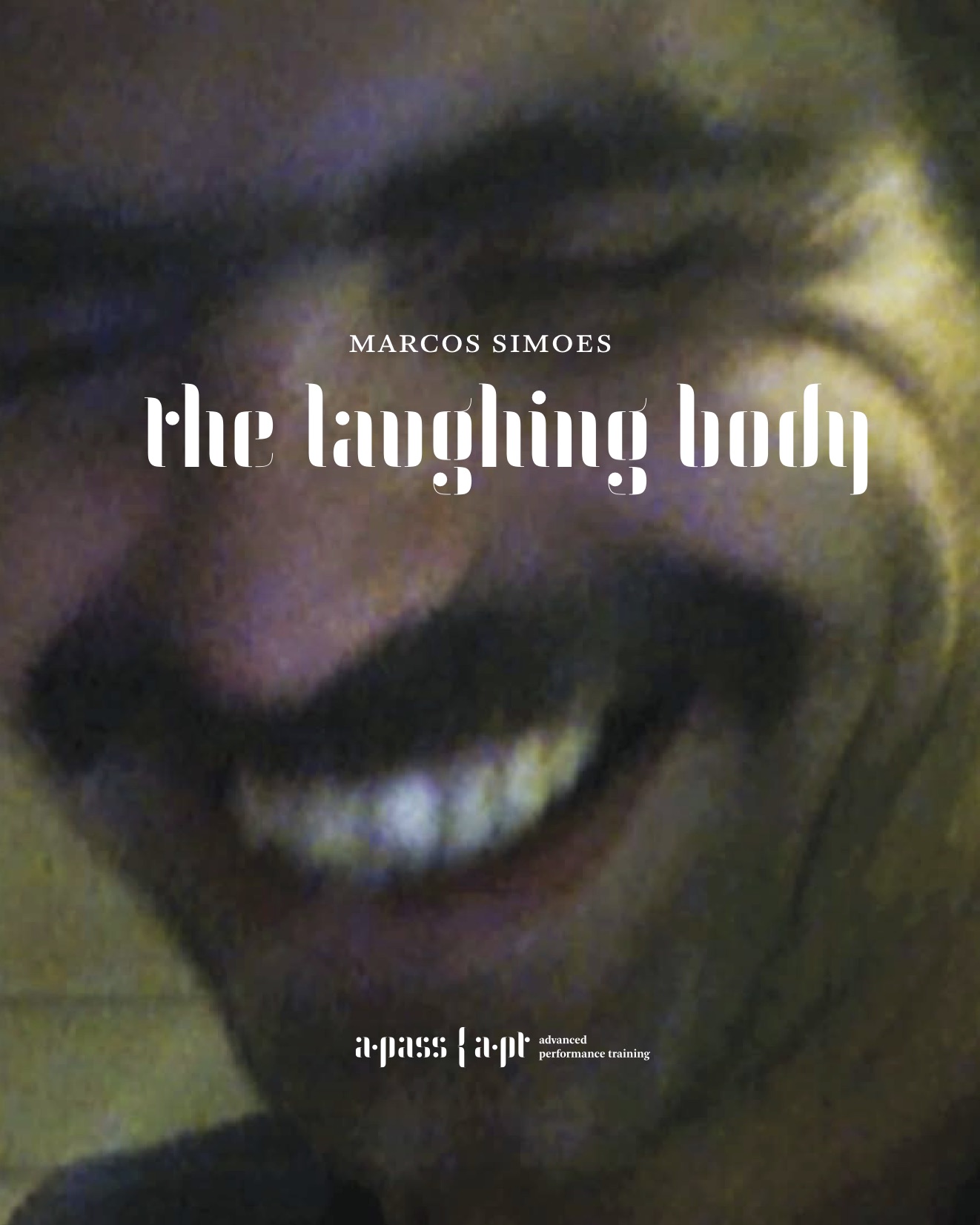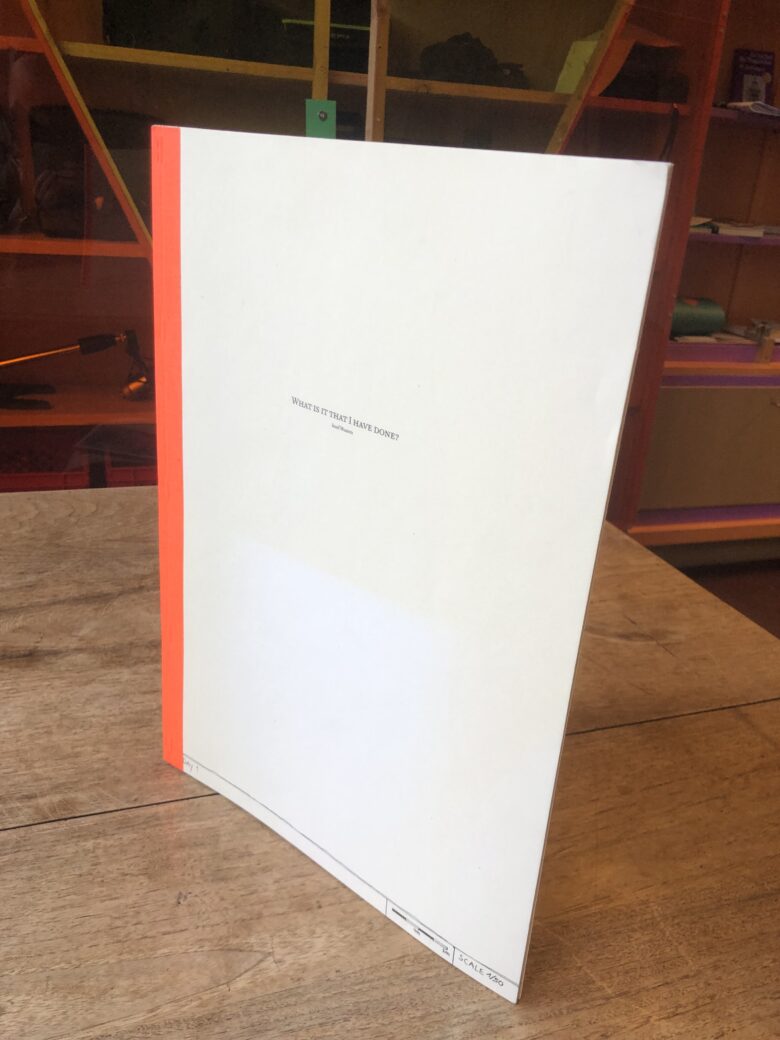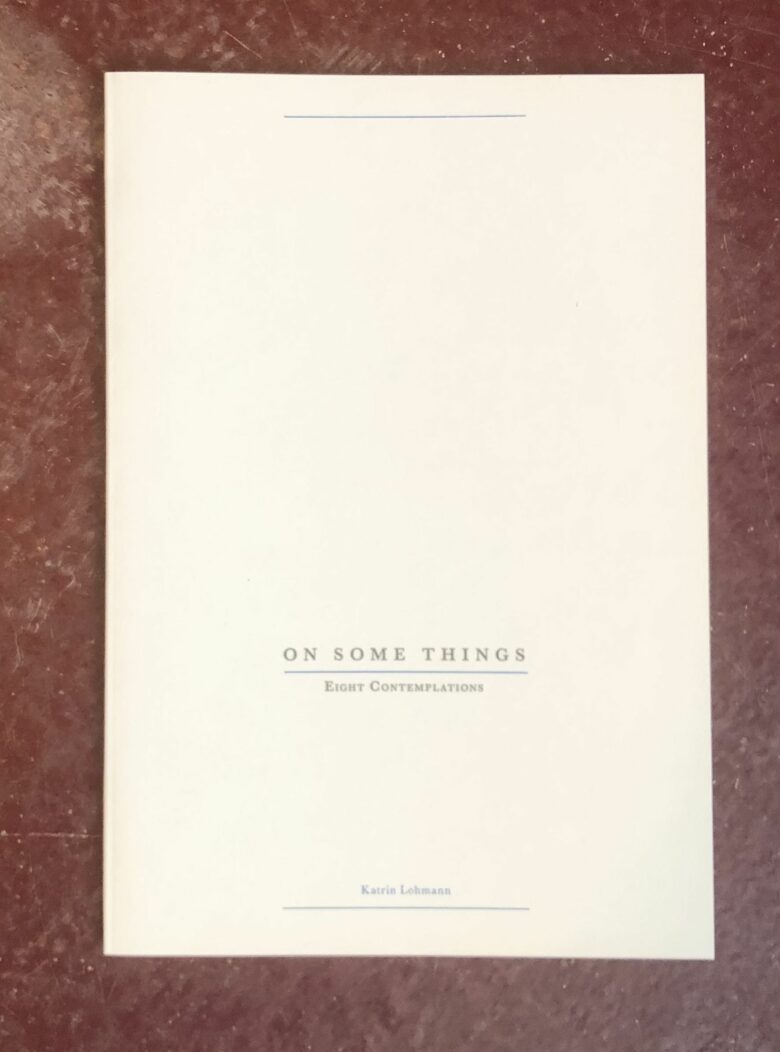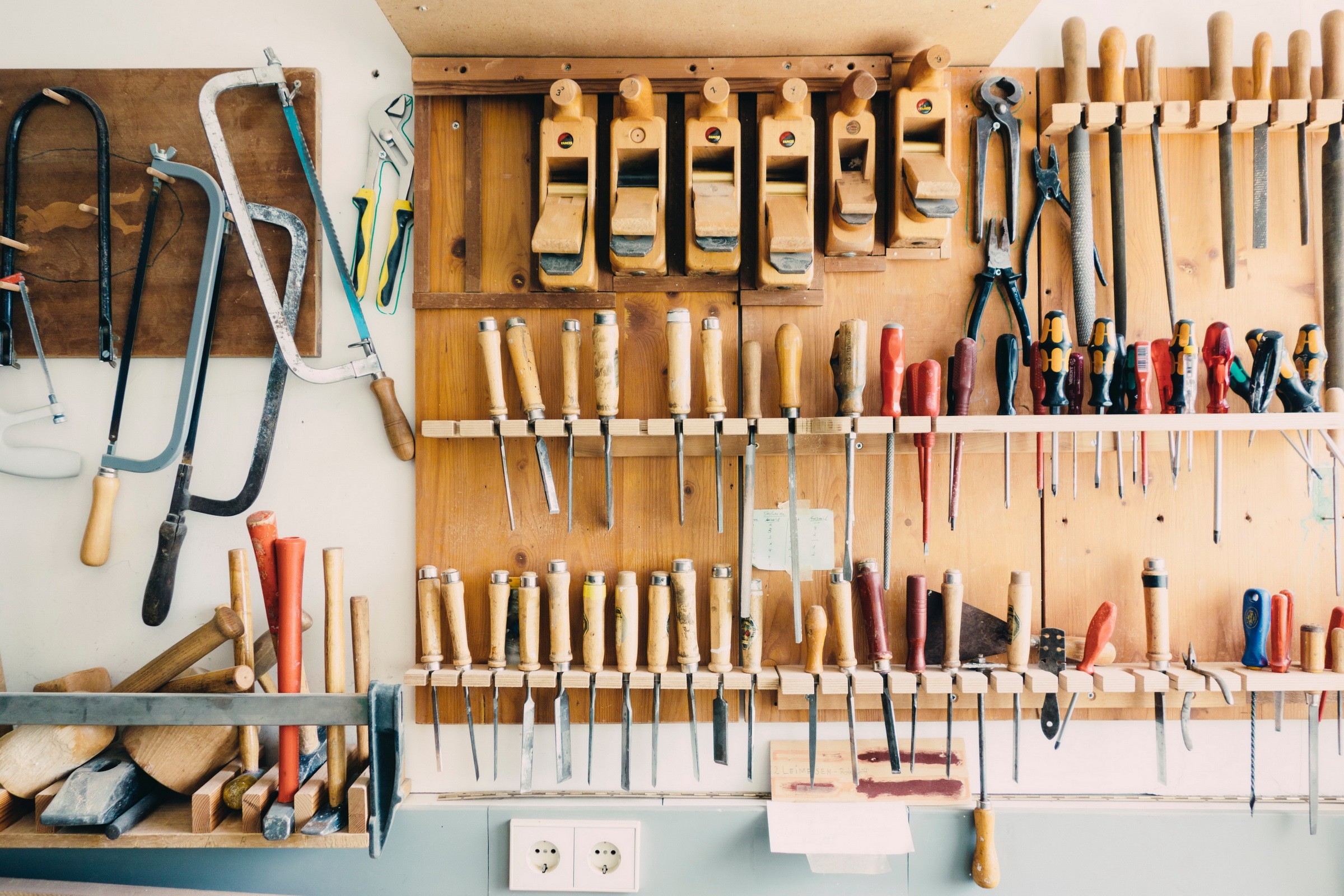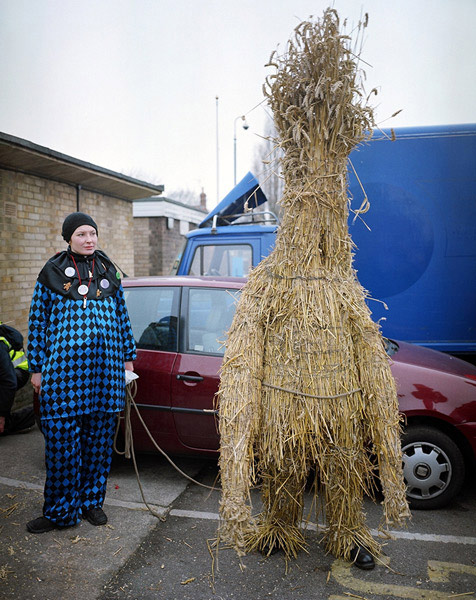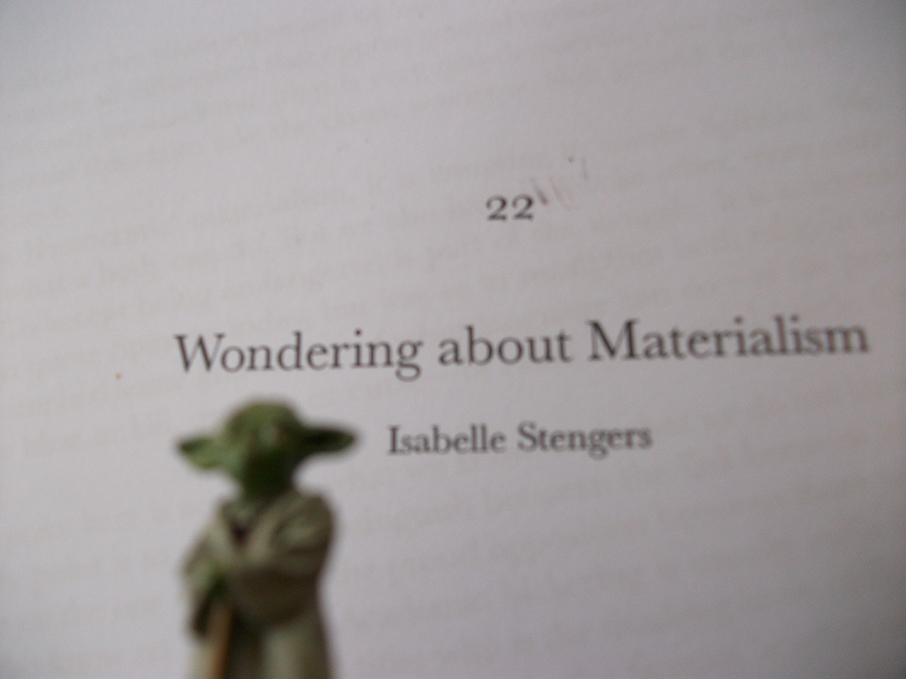postgraduate program, research center
2009 BLOCK II
1 May-31 July 2009
Researchers Participants in the Postgraduate Program
Alejandro Petrasso
Ariane Loze
Constanze Schellow
Dianne Weller
Fanny Zaman
Fien Wauters
Jozef Wouters
Julie Pfleiderer
Kurt Van Overbeke
Sara Vilardo
Sungmin Hong
Partners
DeSingel
KunstenFestivaldesArts
Les Bains
In Transit festival, Berlin
WP Zimmer
PAF (Performance Art Forum, Reims, France)
Contributors for workshops
André Lepecki
Lars Frers & Alexander Schellow
Lilia Mestre & Els Viaene
Luc Van den Dries
Niek Kortekaas
Romeo Castellucci
Thomas Crombez
Vladimir Miller
Wouter Hillaert
Coordinators a.pass
Bart Van den Eynde
Elke van Campenhout
04-08 / 05 / 2009
‘AROUND ROMEO CASTELLUCCI’
workshop by De Singel
In this week we work around the video material of the Tragedia Endogonidia-cycle of Romeo Castellucci. During the first two days we watch the eleven performance and discuss the esthetic choices, and the semiotics of the work. On wednesday we try to build up a ‘wunderkammer’ on the principles of Castellucci’s ‘ars combinatoria’. As guests we have that day academic Thomas Crombez and journalist/critic Wouter Hillaert. After that we work two days with Romeo Castellucci and some of his performers on the new trilogy ‘The Divine Comedy’. On Sunday the working week results in a colloquium in de Singel with international experts and collaborators of the Rafaello Sanzio-company.
Springtime 2009
‘CONCEPT & DESIGN 02’
coaching by Niek Kortekaas
Scenographer Niek Kortekaas will coach the a.s participants in the development of a scenography based on King Lear / William Shakespeare. The idea is to take a major work from the world repertoire and develop with a dramaturgical coaching by the coordinator (Bart Van den Eynde) and the scenographic (artistic and technical) guidance of Kortekaas a scenographic design for the big stage.
05 / 2009
‘RES&REF’ (Residence and Reflection)
research project by a.pt, KunstenFestivaldesArts and Les Bains
Res&Ref (Residence and Reflection) is a research project, organized during the international Kunstenfestivaldesarts in Brussels. Three groups of artists reside together in the art center Les Bains (an old bathing house/swimming pool in Brussels): the res&ref-group itself is an international group of (non)-western artists, chosen by the Kunstenfestivaldesarts. The working group ‘Art&Humour’ is an international group of researchers, working on the theme of the subversitity of humour as an artistic strategy of resistance. The a.pass-group joins in the groups, preparing reading sessions on art and humour, but they can also join the discussions and toolkit sessions. In the evening all participants go and see the same performances at the festival, and after ten days the workshop ends with an informal public showing of the results.
Springtime 2009
‘ARTIST TALK / VALENTINE KEMPINCK’
Costume and set designer and visual artist Valentine Kempinck discusses her carrier, development as an artist, the evolution in her work and how she wanders from medium to medium. She discusses her onorthodox vision on theatre costumes and how she sees costume design in relation to the other performance components. Later she will go in details about her latest work: scenographic interventions in the public sphere which reproduce themselves, taking on different meanings through this process of reproduction.
Springtime 2009
‘THEORY SESSIONS / HISTORY OF THEATRE AND SCENOGRAPHY’
lecture/course by Luc Van den Dries
In this lecture course Luc Van den Dries discusses the relation between space and theatricality. First he explores historical answers to the tension between theatre and reality. He deals with four prototypical dimensions:
-theatre as an imitation of reality
-theatre as a utopian project to reality
-theatre as playful counterpart to reality
-theatre as a metaphysical dimension within reality.
After scanning (20th century) theatre history related to the questions above, he discusses space-related tendencies in contemporary performing art.
11-21 / 06 / 2009
‘IN TRANSIT – BERLIN / SESSIONS WITH ANDRE LEPECKI’
In preparation for the a.pass Berlin LAB, we read a selection of texts, proposed to us by curator André Lepecki:
-Fred Moten, The Resistance of the Object (chapter 2 of ‘In the Break’)
-Michael Fried, Art and Objecthood
-Frantz Fanon, Black Skin White Masks
This first week we will discuss the texts and the post-colonial themes of the festival, and will try to build up a solid base for the upcoming discussions and confrontations. Out of these discussions every one of the participants will develop a personal research project to be fulfilled during the festival.
Always a central element of ‘In Transit’ festival since its first edition in 2002, the LAB has gone through many formats throughout the years. For this edition, we decided to concentrate the LAB around the offering of a space for all who are interested in gathering, talking, meeting, exchanging, experimenting, asking, provoking, dancing, writing, showing, displaying, performing, teaching, learning, sharing. And more. The LAB’s life and its events will be determined by you.
The LAB hosts a day meeting, and all LAB participants are expected to attend this day-long gathering (closed to the general public) which specifically addresses projects presented in the festival as points of departure for further and concrete debates on art and politics, as these relate to performance and its effects on creating and thinking today.
29 / 06 – 04 / 07 & 13-27 / 07 / 2009
‘WAYS OF SEEING AND FORCED PERSPECTIVES’
workshop by Vladimir Miller
Vladimir’s workshop is structured in two parts and is aimed at researching the city as a model for spectator involvement in a performance space. Connecting spectatorship and questions of teaching and learning to the city is also a model for the workshop structure itself as a space for knowledge production.
The first part is centred around of the political aspects of space design and a phenomenological understanding of the spectators experience of space.
Vladimir Miller uses three key texts (among others): ‘The practice of everyday life’ by de Certeau, Charles Curtis’ essay on ‘Incomprehensible space’ and Jacques Rancière ‘The emancipated spectator’.
To establish an alternative small system of knowledge production for our workshop, the participants build a space of learning and research where everyone is able to produce on her/his own terms. The idea of the city gives a model for this kind of space, which the participants can equally enter and explore.
The research theme for the city is listening and sound. The question is how to shape space for listening, having in mind a moving listener and spectator.
A violinist is invited to create a continuing presence of sound in this city of listening. The space research concentrates around question of shaping the performative space (from a scenographic point of view) around that continuum of sound.
07 / 2009
‘SPATIAL RESEARCH & PERFORMANCE ART’
workshop by Lars Frers & Alexander Schellow
The workshop of the sociologist Lars Frers and the visual artist Alexander Schellow focuses on strategies and practices of spatial research. The starting point is that any space we can perceive and engage with is already a complex and in itself relational constellation of several aspects. It is a concrete context of a very specific materiality and an embodied spectator. Both are depending on each other. Together they both realise the conditions, that govern the way the/a world is constructed, for instance by directing attention. Or: They draw the borderlines may that be in public space with its everyday-life interactions or in the art-world frame of a theatre which guide, influence and limit our actual abilities to perceive and to act. Because of this impact on perception and action the question of analysis and intervention is always at the same time a political and aesthetic question both in field research in public space as well as in the use of any artistically framed space like a black box or a white cube.
First, we want to discuss some terms and tools of our own research- and intervention-practice in and with spaces/places. We will then question, develop and adapt these terms and tools in the context of the examination, analysis, and shaping of spaces in performance practices. How to question, understand, use and not neglect or cover up spatial structures? Together with the participants of the workshop we want to choose a concrete spatial context (a building, a street, a theatre) and then concentrate on possible frames for practical research. This research should be related to the specific interests and wishes of the participants’ own projects and from their individual practices. The main part of the workshop will focus on doing concrete spatial analyses within a frame and using formats we select together. We will prescribe as little as possible, instead relying on our own perception looking for places of surprises, for modifications of movement patterns, for boredom, excitement and anxiety. Coming together at the end, we will share the singular results and research-experiences.
Additionally and in parallel, we will offer one-to-one or one-to-two talks about specific spatial ideas and setups of projects and works, where single participants can discuss questions related to their work together with us.
07 / 2009
‘SENSE RADIO’
workshop by Lilia Mestre and Els Viaene
Sense Radio is a first step in a research project initiated by Lilia Mestre in a.pass research center on the ‘Social-Emotional Body’, (project that would result in the performance ‘Live-In Room’, shown at the WorkSpaceBrussels festival in Brussels in December 2009).
This workshop is a practical try-out for the participants to set up emotional audio-spaces in the room, using the spatialisation of sound as their main material.
Each of them is taught how to use audio recording material, how to edit sound, and how to set the sound out on the space, combine it, arrange it.
